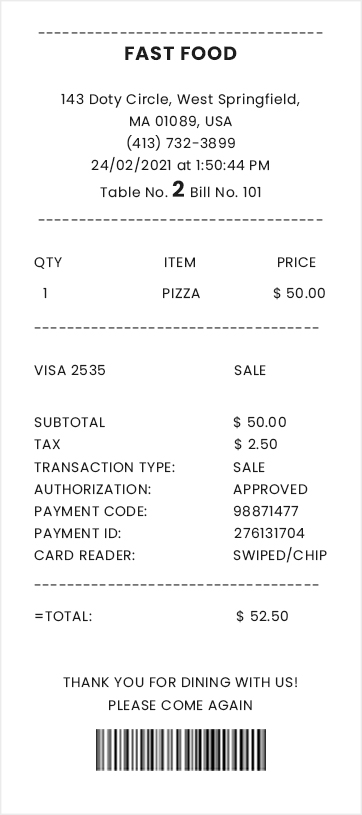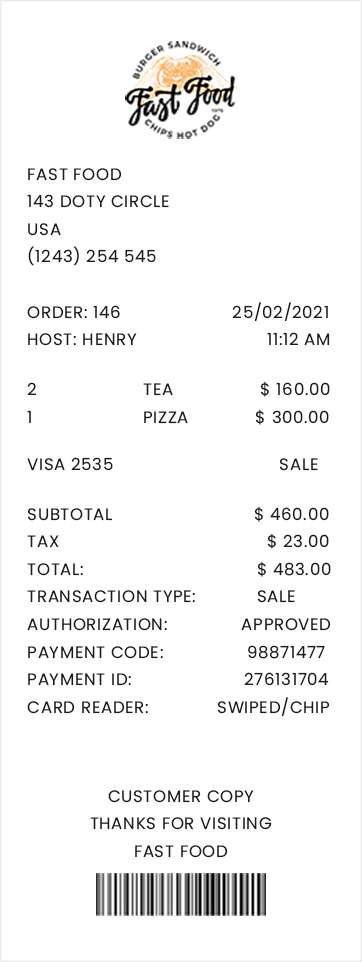
In a time when e-commerce and digital transactions rule the roost, fabricating phoney receipts has grown concerning. With fake receipt builders at the forefront of these dishonest actions, fraudulent activities are made easier with the advancement of technology. This essay emphasises the significance of knowledge and alertness by exploring the repercussions of employing fraudulent receipt builders and delving into the hazards involved with counterfeit Uber receipts.
**Fake Uber Receipts: Unveiling the Deception**

Uber is a well-known ride-sharing business that has transformed transportation with its easy-to-use smartphone platform. Unfortunately, those looking to take advantage of the system by fabricating phoney receipts have also been drawn to this ease. There is a risk to users and the integrity of the network because these false receipts may be created with various internet tools. fake online receipt
Fake Receipt Builder: A Breeding Ground for Deception

Numerous software programs that provide services for creating phoney receipts are available online. Phrases such as "free receipt builder" and "fake receipt builder" highlight the availability of these kinds of programs, which let users change transaction data, quantities, and details. These tools are simple to locate and operate, making it easy for anyone with bad intentions to fabricate false invoices.
Free Receipt Builder: The Double-Edged Sword
Even though a "free receipt builder" could appear innocent, it frequently hides the more sinister truth of possible abuse. Producing receipts for free may tempt people, but the costs associated with committing fraud can easily exceed the advantages. Unaware consumers may follow a dangerous path due to the attractiveness of a free service, which can have ethical and legal repercussions.
Understanding the Risks
Fake receipt builders have more concerns than just potential legal repercussions. The main immediate worry for customers is that their accounts on services like Uber may be suspended or banned. Ride-sharing systems are highly dependent on user confidence; introducing fake receipts erodes this basis and can have severe consequences for those who engage in such behaviour.
Legally speaking, making and using fictitious receipts is considered fraud, which is illegal everywhere. The authorities frown upon these actions, and anyone found indulging in them risks penalties, legal action, and reputational harm.
Implications of Deceptive Practices
The use of phoney receipt builders has ramifications that go beyond the short term. Users who do fraudulent acts risk having their accounts banned from several sites, which will limit their access to vital platforms. Furthermore, the general integrity of online transactions is impacted by the decline in confidence within the digital ecosystem, which forces businesses to impose more stringent security measures that could annoy legitimate consumers.
Conclusion
In conclusion, preserving the integrity of digital transactions depends on awareness of the dangers phoney receipt builders pose. Users must be cautious and avoid using tools that encourage dishonest behaviour. The ramifications for reputation and the law highlight how crucial moral behaviour is in today's digitally linked society. We can all work together to reduce the hazards associated with fraudulent receipt creation and maintain the confidence that underpins our digital interactions by raising awareness and promoting appropriate online behaviour.